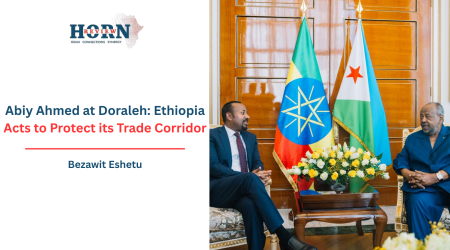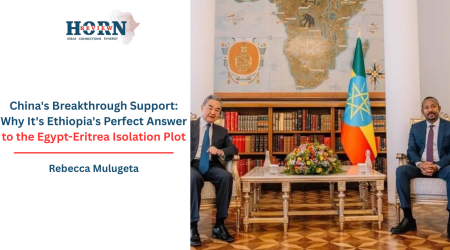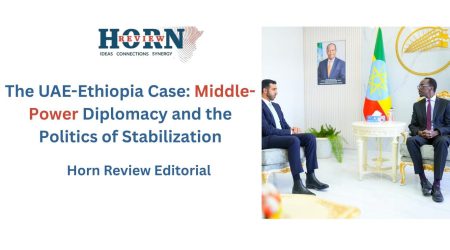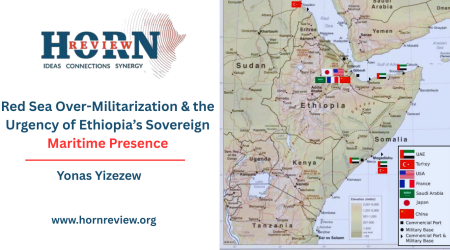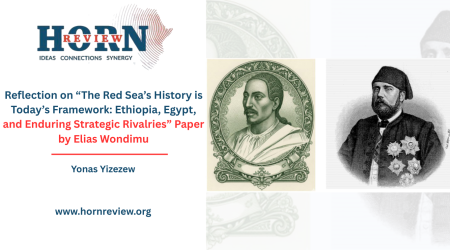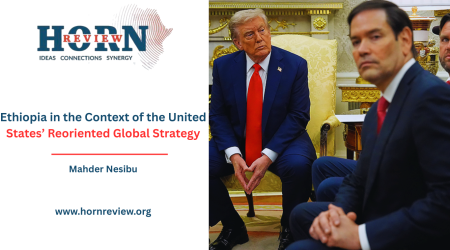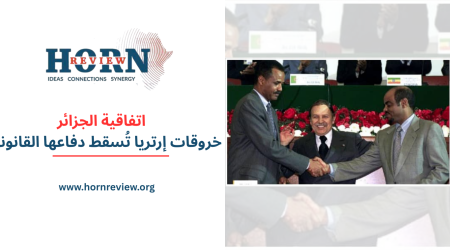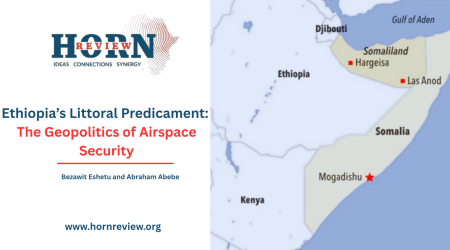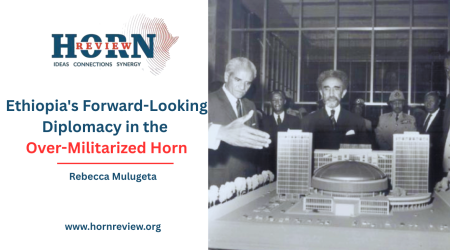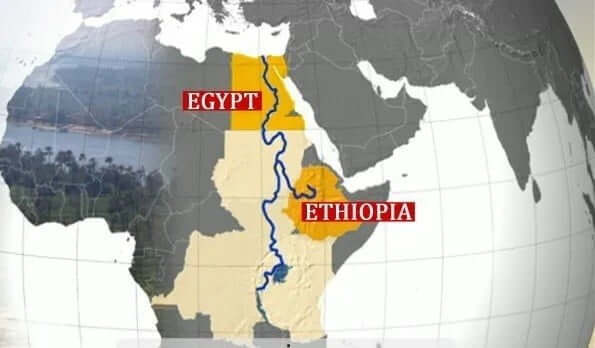
14
Jun
Diplomatic Asymmetry and Sovereign Equilibrium: Revisiting Egypt’s Mission in Addis Ababa
Why Ethiopia Needs to Downsize Egypt’s Embassy
Addis Ababa, host of the African Union and one of Africa’s foremost political capitals, has long drawn states seeking regional influence. With 134 diplomatic missions based in the city, Ethiopia’s capital is second only to New York and Geneva as a hub of multilateral diplomacy. Yet among the many embassies and foreign delegations that dot the capital, one stands out for its scale and strategic posture: Egypt’s.
Cairo’s diplomatic mission in Addis Ababa – which encompasses both its bilateral embassy and its permanent mission to the AU – is not just outsized compared to Ethiopia’s modest embassy in Cairo. It is, by Egypt’s own standards, its largest diplomatic post anywhere in the world, exceeding even its embassies in Washington, Paris, or London. That fact alone raises eyebrows, especially against the backdrop of unresolved Nile tensions and a fraught history of mistrust.
This imbalance is not symbolic; it has practical and strategic implications. An oversized foreign mission confers disproportionate access: to local institutions, regional actors, and the inner workings of the African Union. Ethiopia’s own embassy in Cairo, by contrast, is small and constrained – lacking the same reach or capacity to shape narratives or agendas.
Such asymmetry is neither normal nor harmless. It creates an uneven playing field in what should be a reciprocal diplomatic relationship. More pointedly, it grants Egypt leverage that Ethiopia neither enjoys in return nor has formally consented to. This is not about numbers alone – it is about strategic presence, influence networks, and soft-power asymmetry.
Fortunately, international law offers host countries the tools to address such situations. Article 11 of the Vienna Convention on Diplomatic Relations clearly states that a receiving state may set limits on the size of a foreign mission, provided those limits are “reasonable and normal, having regard to circumstances and conditions.” In other words, Ethiopia has both the right and the legal basis to ask whether the scale of Egypt’s presence is proportionate – and to insist on a recalibration if it is not.
The risks of imbalance go beyond optics. A foreign mission of such scale can function as a hub for intelligence collection, political lobbying, and soft influence operations – particularly in a city like Addis Ababa, which hosts multilateral organizations, conflict mediation processes, and pan-African institutions. The larger the footprint, the more vectors through which a state like Egypt can embed itself within Ethiopia’s institutional ecosystem – formally and informally.
While diplomatic missions are entitled to collect information through lawful means, as Article 3 of the Vienna Convention outlines, excessive staffing increases the potential for activities that stretch or blur that line. Especially in a context marked by historic mistrust – Addis Ababa has accused Cairo on multiple occasions of supporting insurgencies and destabilizing actors in the Horn – Ethiopia is not acting on paranoia. It is responding to lived geopolitical experience.
Importantly, Ethiopia would not be setting any diplomatic precedent by requesting reductions.
Numerous countries have done the same. The United States in 2017 demanded parity from Russia, leading to a mass reduction of Russian diplomats. India has scaled back Pakistan’s presence multiple times in response to subversion claims. Germany, the UK, and others have taken similar actions when embassies were used as cover for illegal or destabilizing activity.
Ethiopia is well within its rights to take stock of the situation – and to act. A formal, rules-based review of foreign missions would not only enhance national security, but also affirm Ethiopia’s sovereignty and diplomatic maturity. There is nothing hostile about demanding parity; on the contrary, it’s a call for mutual respect.
Downsizing Egypt’s embassy should not be construed as a retaliatory move, but as a sovereign rebalancing. Reciprocity is a bedrock principle of diplomacy. Ethiopia’s objective should be clear: for Cairo to maintain only as many diplomatic staff in Addis as Ethiopia is permitted to maintain in Cairo – unless concrete reasons justify the disparity. Transparency and proportionality must be the guiding criteria.
A national framework for monitoring foreign diplomatic footprints would institutionalize this process. The Ministry of Foreign Affairs could require annual reporting of personnel and their functions, subject all missions to periodic reviews, and reserve the right to deny additions that exceed established benchmarks. This approach would avoid singling out any one country while addressing Ethiopia’s long-term interests.
Such a policy would send the right message: Ethiopia is open to the world, but not open to imbalance. Diplomatic engagement must reflect mutual respect – not strategic opportunism masked by protocol.
Egypt’s mission in Addis Ababa, by virtue of its size alone, represents an anomaly. That anomaly must be addressed – not to sever ties, but to normalize them. Parity is not pettiness. It is the cornerstone of a dignified foreign policy. And if the most influential country in the Nile basin is allowed to project unchecked influence from Ethiopia’s own capital, Addis Ababa risks becoming a platform for external leverage rather than a guardian of internal sovereignty.
By invoking its rights under international law and insisting on symmetry, Ethiopia would not only defend its national interest – it would model responsible diplomacy for the region. The time to recalibrate is now.
By Horn Review Editorial

